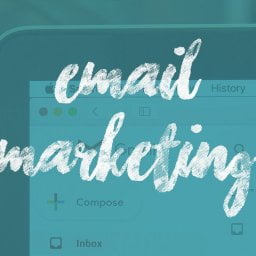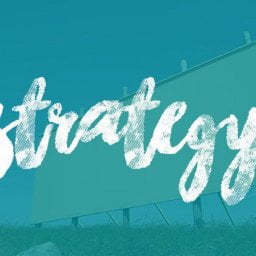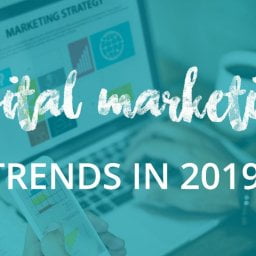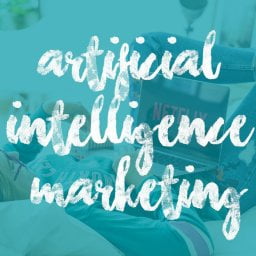Over the last three decades, digital marketing has evolved at such a rapid speed that even the most tech-savvy marketing experts have been kept on their toes. While most business owners know that digital marketing is integral to their business’s growth, it can also be confusing and overwhelming, especially when some hot shot marketer is waving conversions and bounce rates in your face without actually explaining what it all means. At Bear, we like to keep our clients in the know. That’s why we enlisted the help of our digital specialist, Angus Smith to tell us about some common misconceptions and myths in digital marketing.
All Content Is King.
One of the most popular sayings in digital marketing is ‘content is king’, but this doesn’t mean all content. You can’t just chuck any old blog post, video or image on your website or social pages and wait for the leads to roll in. Angus says “Your content should be high quality, original and relevant to your potential leads.” When planning and creating content it is important that you start by doing some research into what your potential leads or future customers might be searching for online. You might do this by using SEMRush or a similar program to research keywords and phrases, or you might actually ask some people within your customer demographic about what content would interest them. Angus says, “You want to provide visitors to your social pages and website with content that actually fulfils a need.” Chances are users won’t make a ‘conversion’ on their first visit, but if they are impressed with your content they are more likely to return. Angus also reiterates that it is important to remember to focus on being original when creating content especially when it comes to blog posts and written content. “Search engines can tell when your words have been taken from another site and will penalise you by ranking you lower than the original source.”
All Platforms Are The Same.
It can be tempting to spread your content across every website and social media channel you can get your hands on. The bigger the net right? But as Angus points out “You need to take into account the frame of mind someone is in when they are on that platform.” He explains, “This alters what people react to, for example when on LinkedIn people are looking to develop their careers and to grow professionally within their field, they are therefore less likely to respond to a cooking recipe or book a holiday.” A cooking recipe might be more suited to Facebook or even Pinterest and an ad for a holiday destination would be more effective on Instagram. So what should you advertise on LinkedIn? Angus says, “What they [users] will respond to is anything that has to do with their profession, for example, they may read a post about further education or click on an ad selling a computer.”
Your Website Copy Should Be All About Selling.
A lot of people believe that when creating website content the most important thing is to include as much information as possible about why their business is the best. Contrary to this common belief Angus says that it is more important to carefully consider your content and focus on the question of “who are you talking to and who are you talking about?” He explains that “In a conversation with someone you don’t really enjoy listening to them talk about themselves, you want them to also ask questions about you. Treat your website the same. Like you are engaging them in a conversation. Who are they? What do they need?” When writing copy for a website use tone and language that your intended visitor will respond to and make it about them, not all about you.
Digital Marketing Is Easy And Will Get You More Customers Overnight.
Angus says there is a fair amount of confusion around the abilities of digital marketing versus traditional marketing. He says that some businesses have an expectation that digital marketing should turn over immediate results, unlike traditional marketing which takes time and patience before the results of that marketing start to become apparent. Angus admits that digital marketing is often more affordable and more actionable than traditional marketing but “It is still marketing. Like all kinds of marketing, it takes time. It is not some magic trick.”
More Leads Automatically Means More Revenue.
Angus believes that unfortunately, some digital marketing agencies have a tendency to slack off when it comes to following through and providing their client with the very best results they can provide. He says “They [Marketers] will only take their clients as far as generating leads and then they walk away from any more responsibility.” Angus stresses that there is a big difference between a lead and a customer. “When we get the lead, that’s when the marketing starts.” A lead is not a customer, it takes time to nurture a lead and turn them into a customer.” Once that lead becomes a customer that is when you start making revenue.
If you have any questions about digital marketing or would like to talk to someone like Angus about how digital marketing can help your business grow, you can call Bear and speak to Angus himself or any of the other talented marketing experts at Bear.








